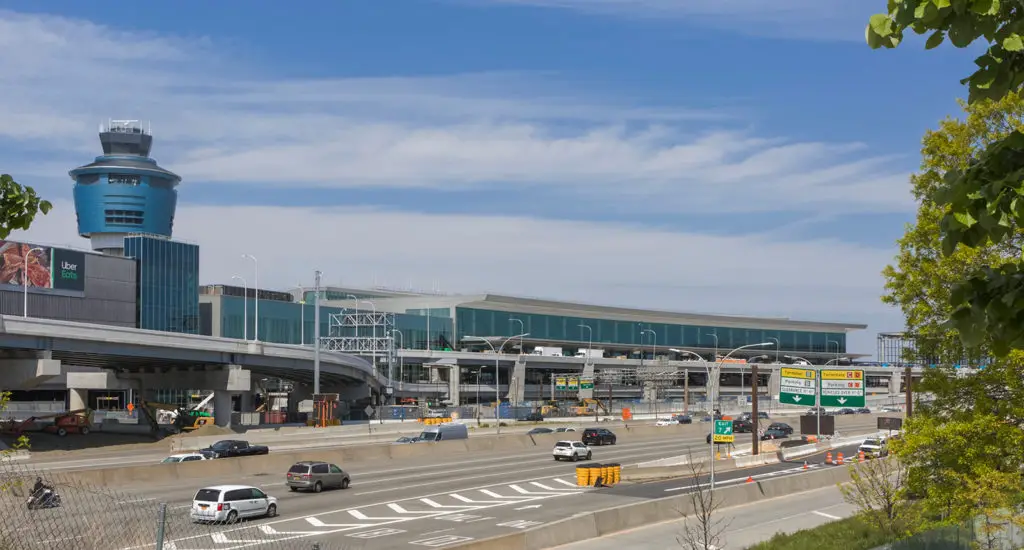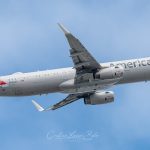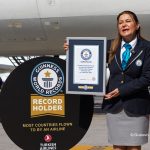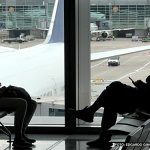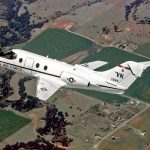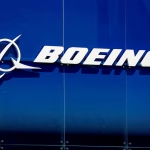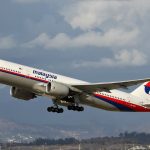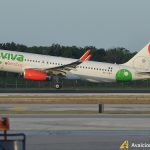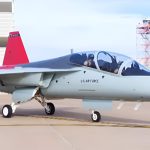The United States had a discrepancy of who could enter its territory, where citizens and residents of most of Latin America and the Caribbean had more freedom, while Brazilians and Europeans had the opposite. As of November 8, the rules will be changed, where only those who have a complete vaccination schedule will be allowed to enter the country.
On October 25, the Center for Disease Control and Prevention (CDC) announced the requirements for entry into the United States, which are as follows:
- U.S. citizens and residents can enter the U.S. without any problem whether or not they are vaccinated.
- Non-resident non-US visitors may only enter the country two weeks after completing the full schedule of the following vaccines: Janssen/J%J (1 dose); Pfizer-BioNTech (two doses); Moderna (two doses), AstraZeneca (two doses), Covishield (two doses), BIBP/Sinopharm (two doses) and Sinovac (two doses).
- Combination vaccines are accepted only by the above-mentioned pharmaceutical companies. Sputnik V, CanSino, Soberana 02, Abdala, and others that were not approved by the WHO or the Food and Drug Administration of the United States are NOT accepted.
- All travelers must submit an antigen or PCR test within 72 hours prior to boarding the flight.
Stopovers in the United States
Transit will only be allowed after two weeks of completing the complete schedule of the following vaccines: Janssen/J%J (1 dose); Pfizer-BioNTech (two doses); Moderna (two doses), AstraZeneca (two doses), Covishield (two doses), BIBP/Sinopharm (two doses) and Sinovac (two doses).
Exempt from presenting the Complete Vaccination Plan
- Individuals on diplomatic or official travel for foreign governments.
- All foreign nationals and/or U.S. citizens under 18 years of age.
- Those with documented medical contraindications to receiving a COVID-19 vaccine.
- Participants in certain COVID-19 vaccine trials.
- Individuals who have been granted a humanitarian or emergency exemption.
- Persons with valid visas except for B-1 (business) or B-2 (tourist) visas who are citizens of a foreign country with limited availability of COVID-19 vaccine.
- Members of the U.S. Armed Forces or their spouses or children (under 18 years of age)
- Sea crew members traveling on a C-1 and D nonimmigrant visa.
- Persons whose entry is in the national interest, as determined by the Secretary of State, the Secretary of Transportation, or the Secretary of Homeland Security (or their designees).
Entry by air into the United States, with one of the exceptions.
- Testing for COVID-19 virus 3 to 5 days after arrival in the United States, unless you have documentation of having recovered from COVID-19 within the last 90 days;
- Will quarantine for 7 full days, even if the post-arrival viral test result is negative unless you have documentation of having recovered from COVID-19 within the last 90 days.
- Will be isolated if the post-arrival test result is positive or if you develop symptoms of COVID-19.
Depending on the exemption category, if you intend to remain in the United States for more than 60 days, you may be additionally required to certify that you:
- You agree to be vaccinated against COVID-19 in the United States.
- You have agreed to be fully vaccinated against COVID-19 within 60 days of your arrival in the United States, or as soon as medically appropriate, unless (for children) you are too young to be vaccinated.
The U.S. requests that vaccination cards be in digital or paper format, and will be verified to contain:
- Personal identifiers (at a minimum, full name, and date of birth) that match the personal identifiers in the passenger’s passport or other travel documents.
- Name of the official source issuing the record (e.g., public health agency, government agency, or another licensed vaccine provider).
- Vaccine manufacturer and date(s) of vaccination.
For more information go to the following link: COVID-19 air travel proof of vaccination.

